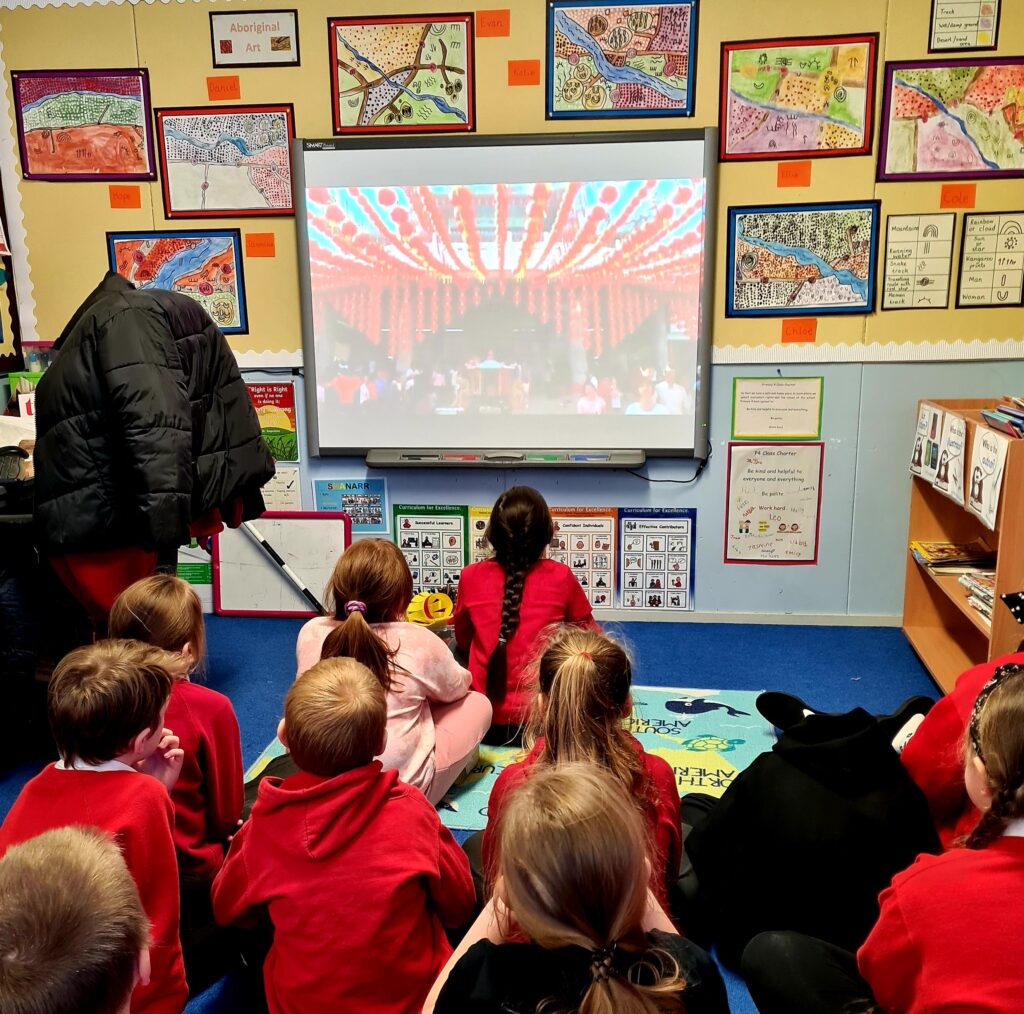As the use of digital learning tools becomes further embedded in schools, in part thanks to Covid, Aberdeenshire primary teacher Jenny Alexander shares how she uses Discovery Education’s Espresso platform to get her pupils excited about subjects such as phonics and maths.
A whole school resource
At Alehousewell Primary School in Kemnay we use Discovery Education Espresso to support teaching and learning across the school. I’m currently teaching in P2, P4 and P7 and Espresso works well in every year group. Our pupils love the resources and they can be used to support a wide range of subjects.
Engaging digital content
Espresso’s digital content appeals to young children and is very engaging. They make connections quickly, because they enjoy the videos so much! The clips are short and to the point and the explanations are simple. My pupils concentrate because they don’t have to sit and listen for too long. They like the presenters and the different characters.
Progress in phonics
Espresso is great for teaching phonics. There are lots of videos to explain the different phonetical sounds. Before Espresso, I used another phonics resource but after P1, there was a gap with nothing to progress the different sounds. I found that Espresso could really bridge that gap. Once the children have learned the initial sounds, they move on to phonetical vowels, such as the different ways in which they can say ‘A’. Mastering tricky sounds is important and Espresso supports this very well.
Teaching grammar
I use Espresso to teach grammar and it explains things very clearly. The videos are a good starting point for introducing new rules or concepts. I sometimes think that they explain things better than I can! I use the clips for teaching punctuation rules such as when to use commas and semi colons. There are also some great follow-up activities to check pupils’ understanding and make learning fun.
Supporting maths
Espresso is my go-to resource for teaching maths. I always look in Espresso first, to see if there is content to match the learning outcomes that my pupils need to cover. I teach the topic side of maths and Espresso has some great videos to support this. It’s easy to find resources for teaching about fractions, time, length, measurement, money and much more.
Home learning
Recently, I used Espresso to support my own children with home schooling. I found it very helpful, because if they were struggling with work that had been sent home, I could simply log on and find a video clip to support their learning. Espresso’s videos can be used to reinforce or to explain ideas more effectively. They’re very accessible and help children to understand things in a different way.
Topic learning
Another way that I use Espresso is for topic learning, and it’s good for that. If we are doing a particular topic e.g. The Vikings, I ask the children to log on for independent work. They can explore the different resources and videos and learn something new. So rather than me simply using Espresso as a teaching tool, I’ll ask the children to use it as a research tool and see if there is anything they want to include in their own learning. They really enjoy this.
A ‘go-to’ resource
Espresso has recently been updated and has lots of new features which will make it even easier to use. You can allocate work to individual pupils or classes and the children can scan in with QR codes. We’re looking forward to using these new tools. Espresso is definitely one of our go-to resources!
For more information and a free trial of Espresso, click here.
